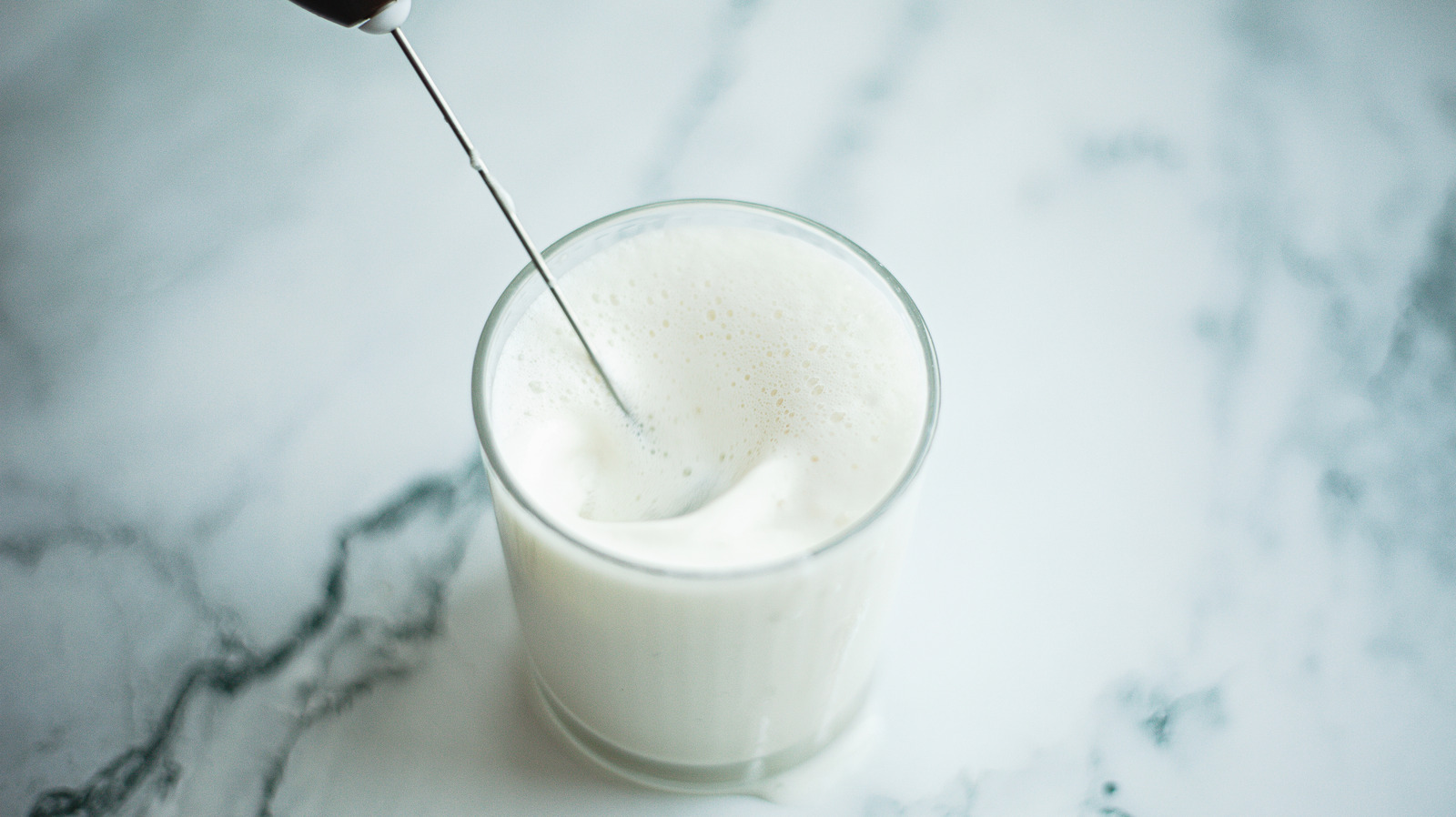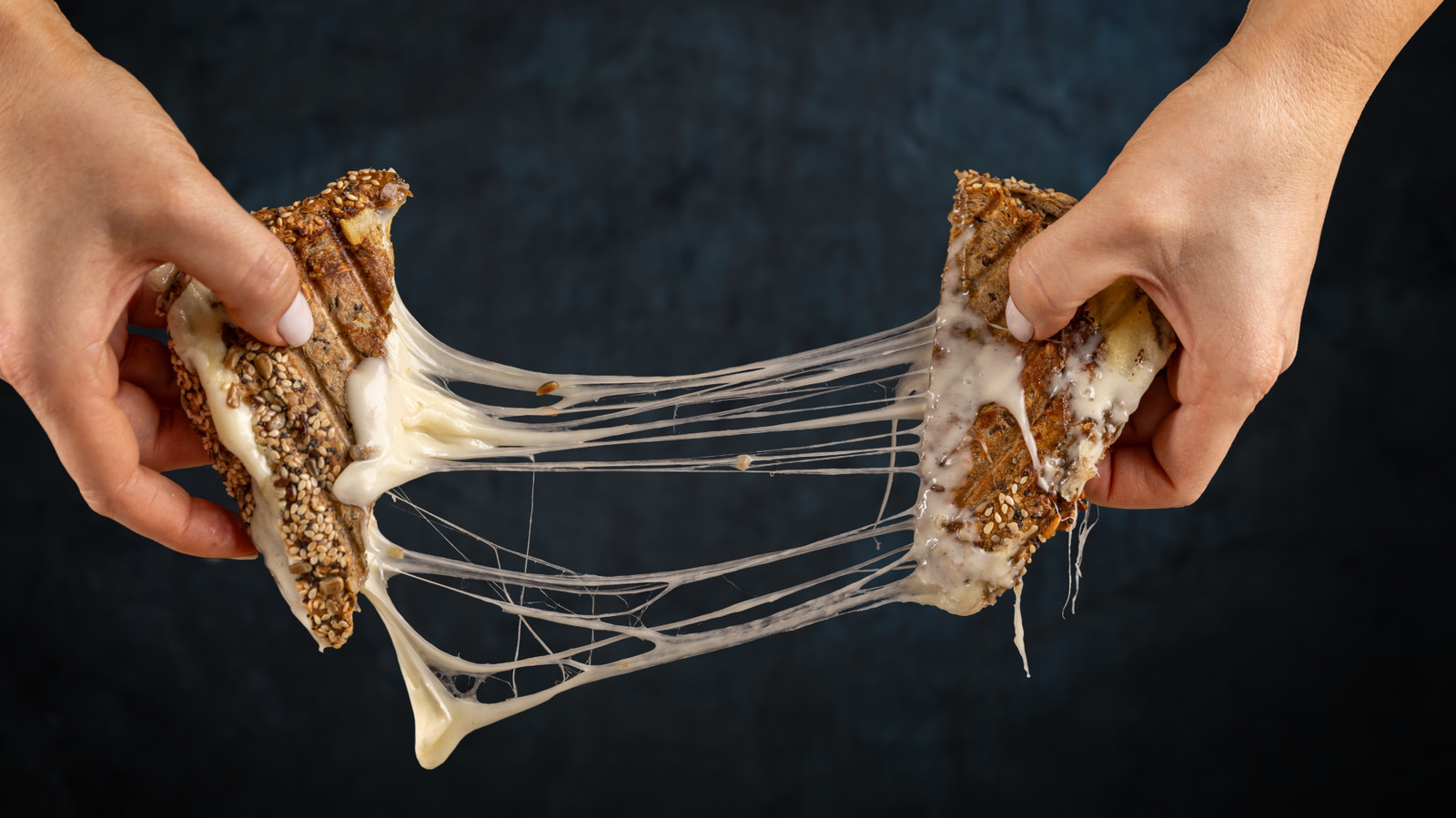Whether it's a fry-up, boiled eggs and soldiers or a vital cake ingredient, eggs are one of the staples of British diets and have been for centuries. But they are also the source of many arguments, with some people haranguing others for storing eggs in the fridge , while others will wax lyrical about always doing the exact opposite. A letter writer to The Guardian said: "My microbiology lecturer at university was quite anti-egg refrigeration.
He claimed that if the egg was cracked into a frying pan straight from the fridge and cooked until it looked OK, the yolk would only be blood warm and since the yolks at that time were sometimes contaminated by salmonella, this could be harmful." Another said via Reddit : "I don't know about whether they degenerate quicker in the fridge, but it does make them more difficult to cook. "A three minute egg, for example, is cooked for three minutes providing that the egg starts at room temperature.
If it has been kept in the fridge, a three minute egg would turn out to be far too runny." So what is the truth? Should you store eggs in the fridge? The situation in the UK is slightly different to the USA. Here, hens are vaccinated against salmonella, and any egg with the British Lion mark on means that they have been laid by hens innoculated against the nasty disease.
That makes it a lot safer to eat eggs in the UK, and safer to eat soft-boiled or undercooked ones. It also means it's safe to store them outside the fridge if your kitchen is below.











:upscale()/2024/12/23/986/n/1922441/ae269e286769e6f5b332b2.08351138_.jpg)







